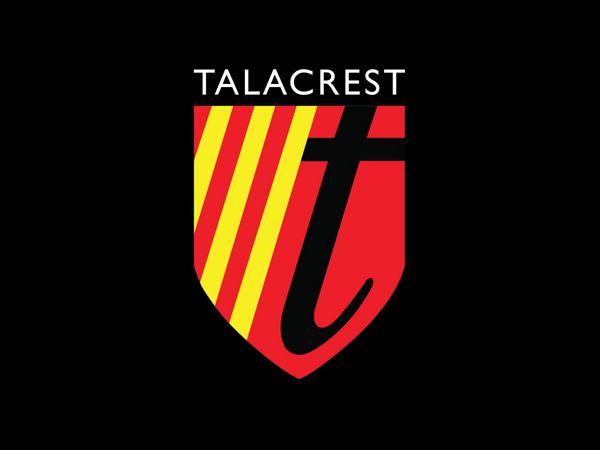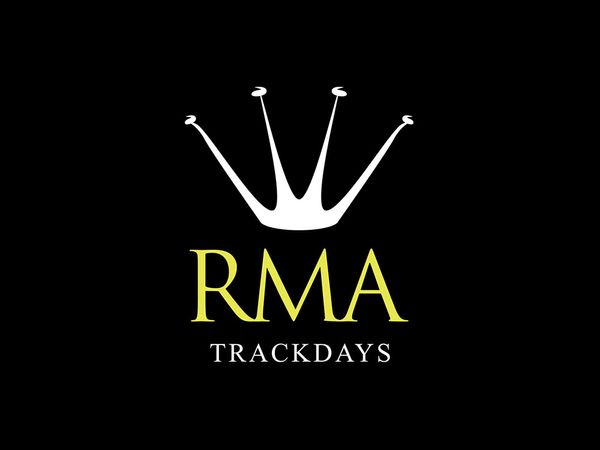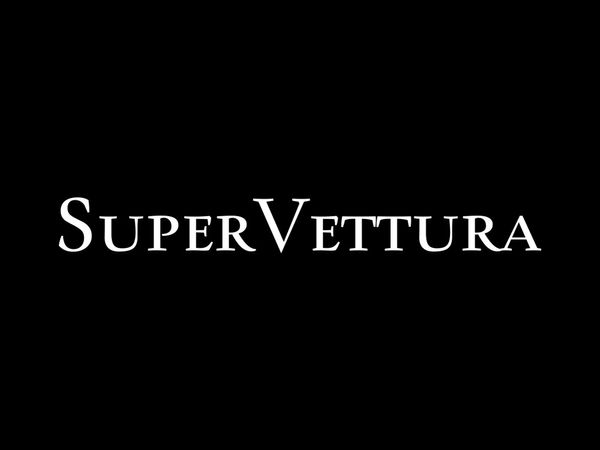Cowes Week is one of the UK's longest running and most successful sporting events and is a key highlight of the British sporting summer. It has been held in early August every year since 1826, except during the two world wars.
Traditionally, Cowes Week takes place after Glorious Goodwood and before the Glorious Twelfth (the first day of the grouse shooting season) - occasionally the traditional dates are changed to ensure optimum racing, taking account of the tides or, as in 2012, to avoid a clash with the Olympic Games. Over the years the event has attracted British and foreign royalty, and many famous faces.
It now stages up to 40 daily races for around 1,000 boats and is the largest sailing regatta of its kind in the world.
The event offers a great mix of competitive sailing and social activities. The 8,500 competitors range from Olympic and world class professionals to weekend sailors. In excess of 100,000 spectators come to watch the sailing, enjoy the parties and live entertainment, and to experience the unique atmosphere. It is genuinely a one-of-a-kind event.
The first race
The first race was for a Gold Cup of the Value of £100, held in 1826 for just seven yachts under the flag of the Royal Yacht Club (which later became the Royal Yacht Squadron in 1833). The next year King George IV indicated his approval of the event by presenting a cup (the King's Cup, presented at every subsequent event until 1939) to mark the occasion, and the event became known as Cowes Regatta. This was run as a three-day, then a four-day, event and quickly became part of the social calendar.
The early 1900s saw the Cowes Regatta continue in strength with the graceful 23-, 19- and 15-metre boats racing in all their glory, followed by J-class boats later on in the 1930's.
From 1946, other Cowes-based and mainland clubs organised racing either side of the three days and the regatta grew in size and popularity. The King's Cup was replaced by the Britannia Cup, presented to the Royal Yachting Association by King George VI in 1950.
By 1953 nine days of racing were provided, but with each club running its own event with its own sailing instructions, racing marks and even start and finish lines.
In 1957 the first Admiral's Cup, organised by the Royal Ocean Racing Club, was held during the week to include the Britannia Cup, bringing an international aspect to the regatta. This was later separated from the racing during Cowes Week, and has subsequently reached its demise.
It was not until 1964 that, on the suggestion of HRH Prince Philip (a regular competitor and Admiral of the Royal Yacht Squadron), Cowes Combined Clubs was formed to run and organise the regatta. This body represented the seven clubs involved in managing the racing (Royal Yacht Squadron, Royal London Yacht Club, Royal Thames Yacht Club, Royal Southampton Yacht Club, Royal Southern Yacht Club, Island Sailing Club and Royal Ocean Racing Club) and Cowes Town Regatta Committee. The Royal Yacht Squadron line became the universal start line and there was one set of sailing instructions and racing marks for the Week.
Cowes Week today
The regatta has evolved enormously since 1826, and now between 800 and 1,000 boats in up to forty different handicap, one-design and multihull classes race every day for eight days. It is this complete mixture of classic and ultra-modern designs that gives the regatta its uniqueness. Several classes that raced more than 50 years ago are still racing today; Dragons, Flying Fifteens, Redwings, Sea View Mermaids, Solent Sunbeams, Swallows, Victories and X-one-designs. New classes are also introduced as they increase in popularity.
Around 8,000 competitors now participate, ranging from Olympic and world class yachtsmen to weekend sailors. The spectacle that the racing provides, together with the vibrant festival atmosphere attracts over 100,000 visitors to Cowes during the event.
























